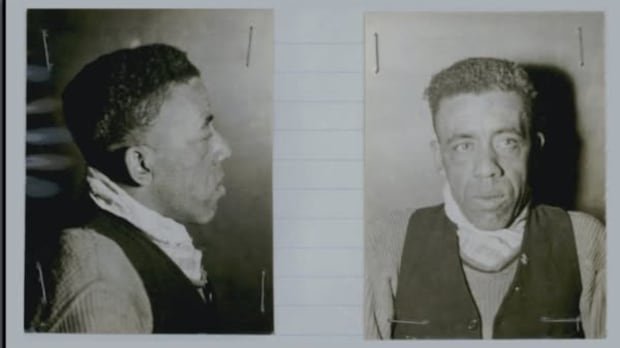Alberta Beef is now available at your local Costco, in Mexico.
Agriculture and Agri-Food Minister Heath MacDonald was on hand at the opening ceremony Wednesday in front of a cooler full of porterhouse, New York prime beef and other cuts of Alberta beef at a Costco in an upscale suburb just beyond the western edge of Mexico City.
“Days like today open the doors for the future and we will see how this grows, without a doubt,” said MacDonald, in an interview with CBC News after the event.
“The association is there, you can see it, you can feel it and you can feel it.”
Thanks to the recent agreement between JBS Canada and Costco Mexico, about 20,000 tons of beef, processed in Brooks, Alta., are shipped to 41 Costcos throughout Mexico.
Salvador Hernández, director of JBS Mexico, said the agreement with Costco has given Canadian meat a “new frontier” in a market dominated by American meat.
“Today marks an important milestone, not only for JBS, but for the entire North American beef supply chain,” he said.
It took JBS Canada about a year to close the deal, which involved bringing Costco Mexico officials to visit the processing plant in Brooks, according to Claudia Herrera-Blanc, senior director for Mexico and Latin America at industry group Canada Beef.
“Costco is the quality standard in Mexico. We had been looking for it for a long time and finally Costco opened the doors to us,” said Herrera-Blanc.
Fresh, boneless beef is Canada’s fourth largest export to Mexico and is covered by the Canada-United States-Mexico Agreement (CUSMA).
Canadian pet food ban lifted
Alberta Prime joins other Canadian products on Costco Mexico shelves, including maple syrup, rolled oats, ice wine and chicken nuggets. An official at the Costco store that was the site of the beef ad said about $60,000 U.S. dollars (or $84,000 Canadian dollars) worth of Canadian products were sold at the store each week.
Wednesday’s announcement was the second beef-related victory for Canadian producers since MacDonald landed for a week of meetings in Mexico.
Following a meeting on Tuesday between MacDonald and Mexico’s Secretary of Agriculture and Rural Development Julio Berdegué Sacristán, the Mexican cabinet announced that his country would also lift its approximately 18-month ban on imports of Canadian pet foods made with bovine flour.
“I told the minister that at any time we will accept the protocol to facilitate the importation of pet food so that Mexican families can feed their animals with very high quality Canadian food,” said Berdegué Sacristán.
Mexico does not produce enough pet food to meet domestic demand. Mexico imported approximately $402.7 million value of pet food in 2024. Canada currently has a market share of about 0.5 percent in the country, according to data from Agriculture Canada.
MacDonald said talks with his Mexican counterpart also included the introduction of digital phytosanitary certificates to avoid problems in the trade of organic products such as wheat and canola.
“It could have major effects on how quickly we can trade,” he said.
Phytosanitary certificates are provided by the exporting country to the importing country to ensure that organic products are disease-free and comply with the importing country’s regulations.
“People want to do business and they want to build relationships, they want to diversify,” MacDonald said.
MacDonald is in Mexico for a series of meetings, including a trip to the city of Guadalajara, in Jalisco state, through Friday.









